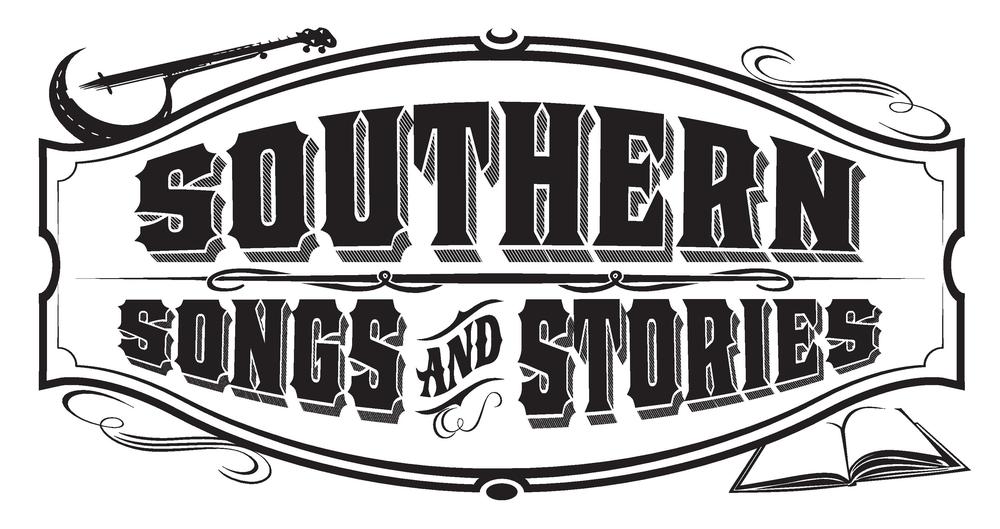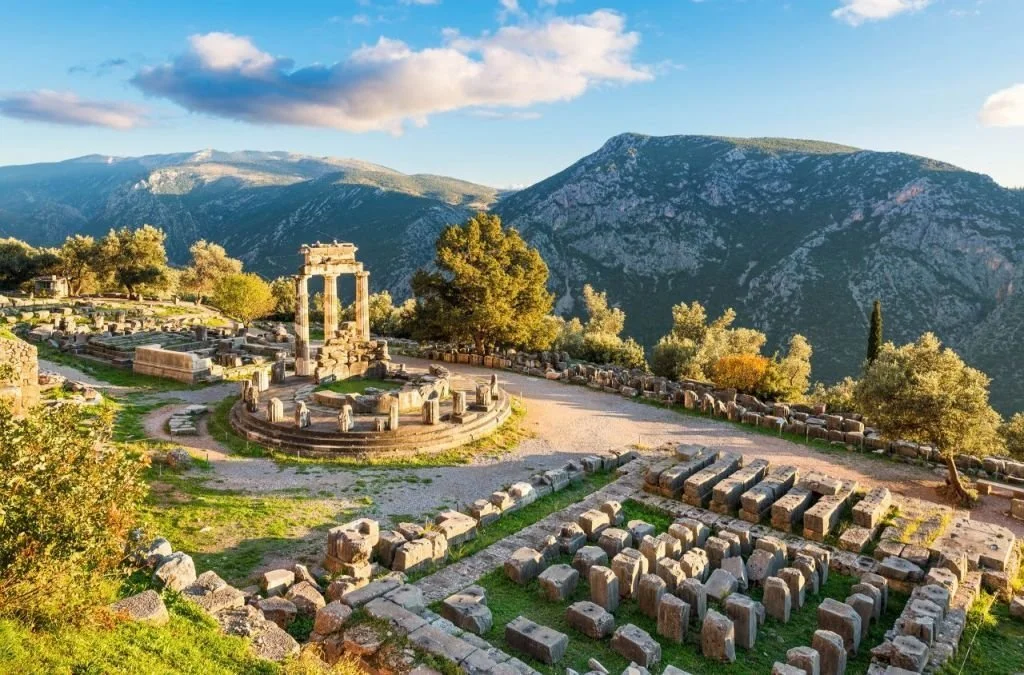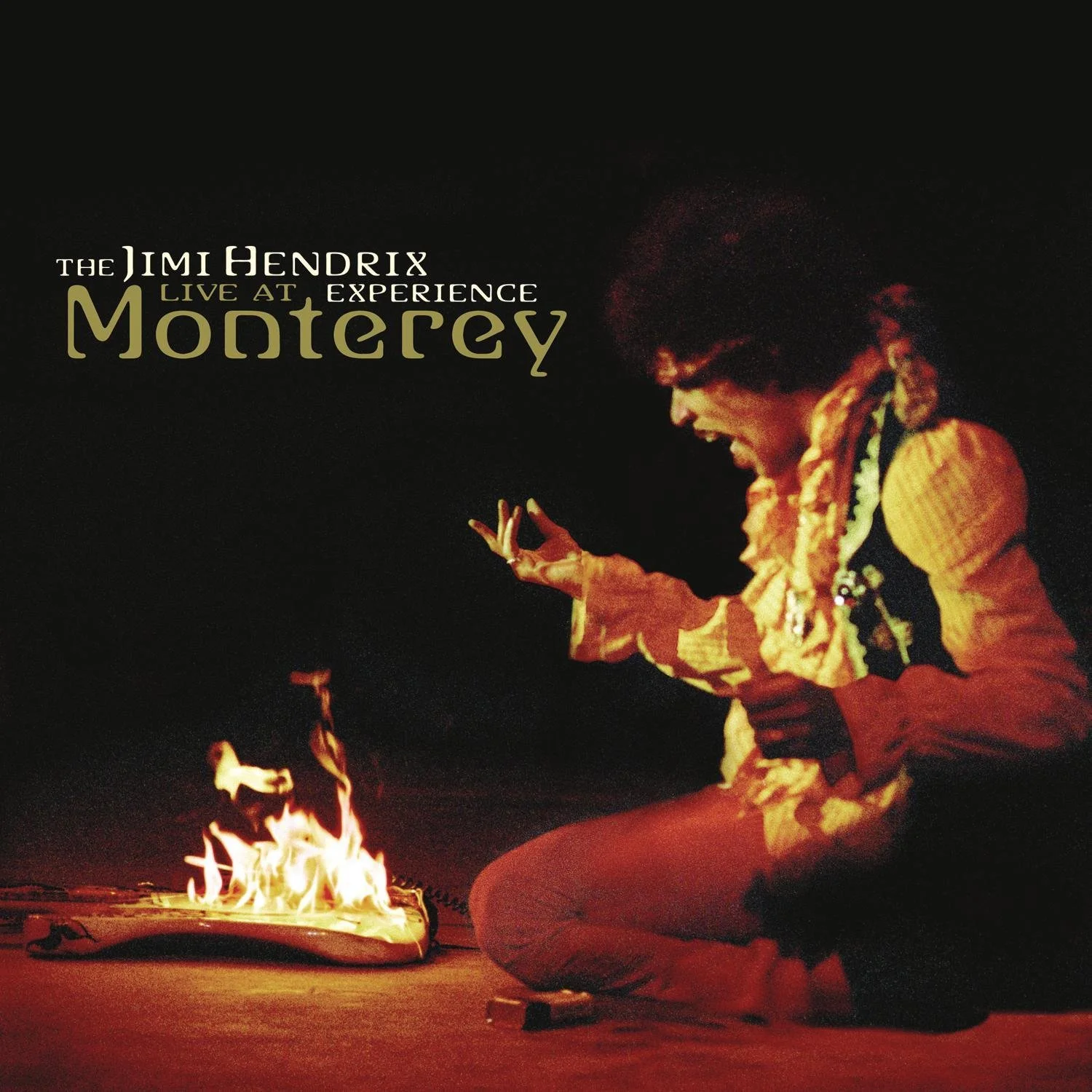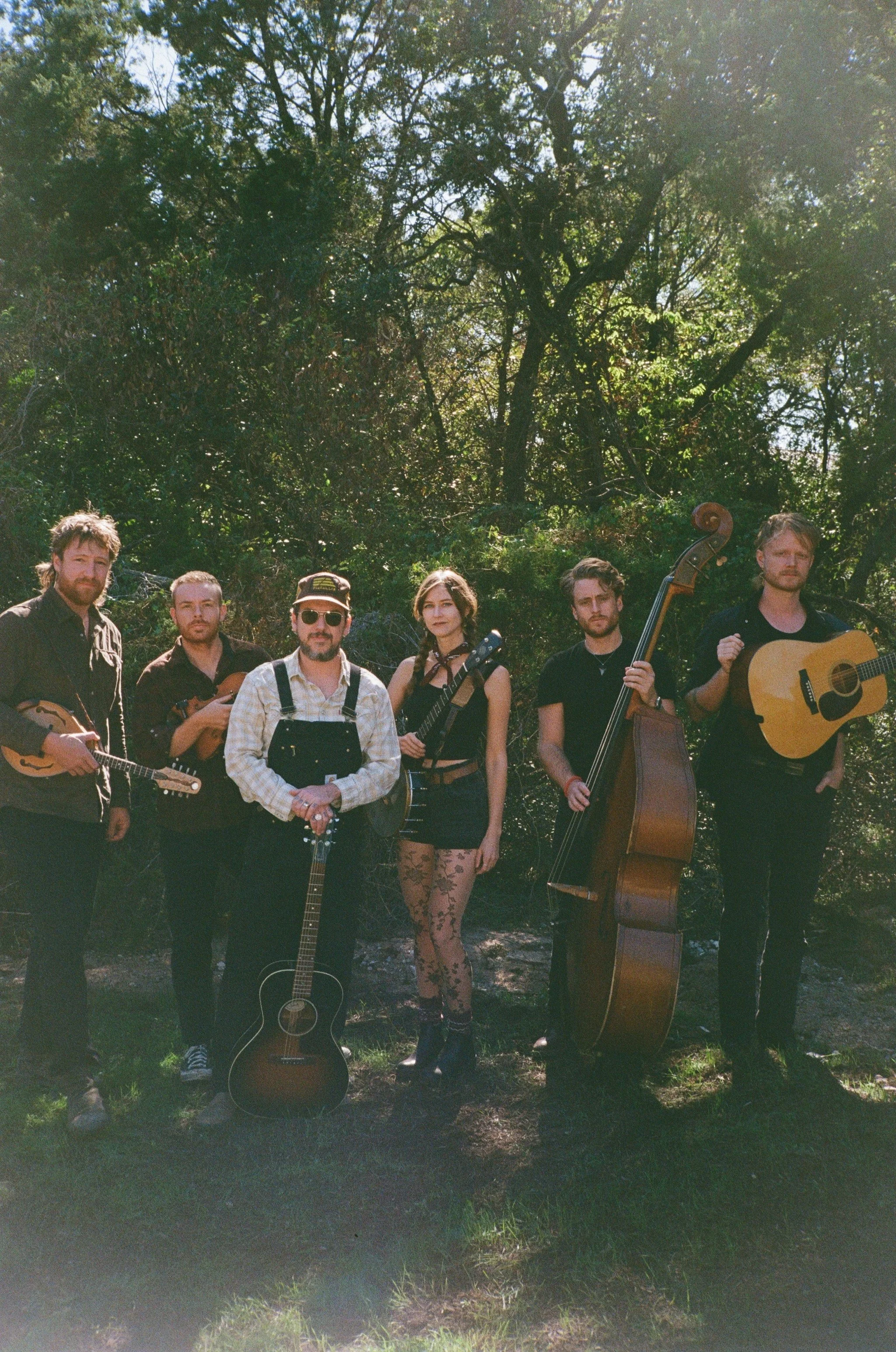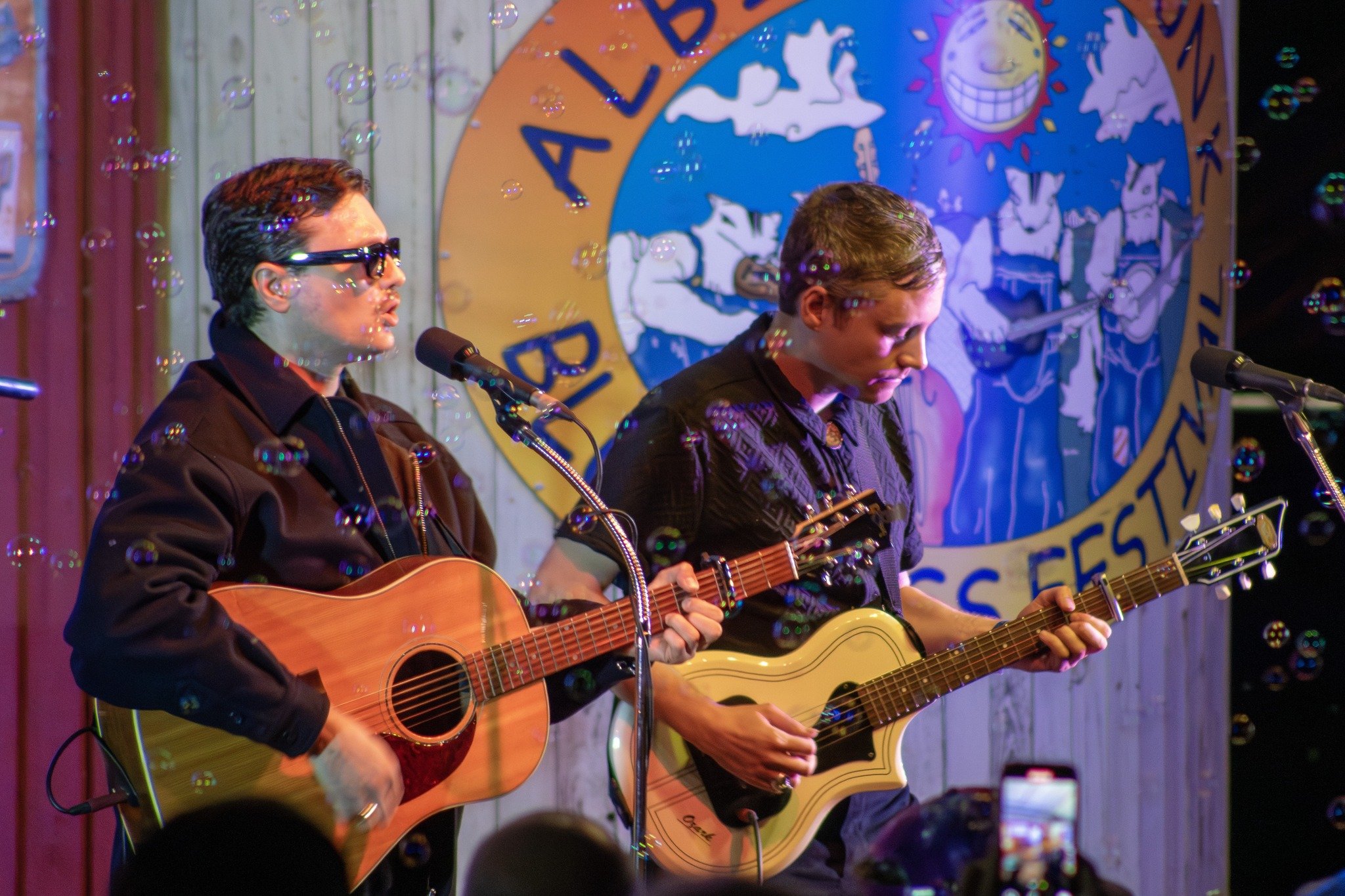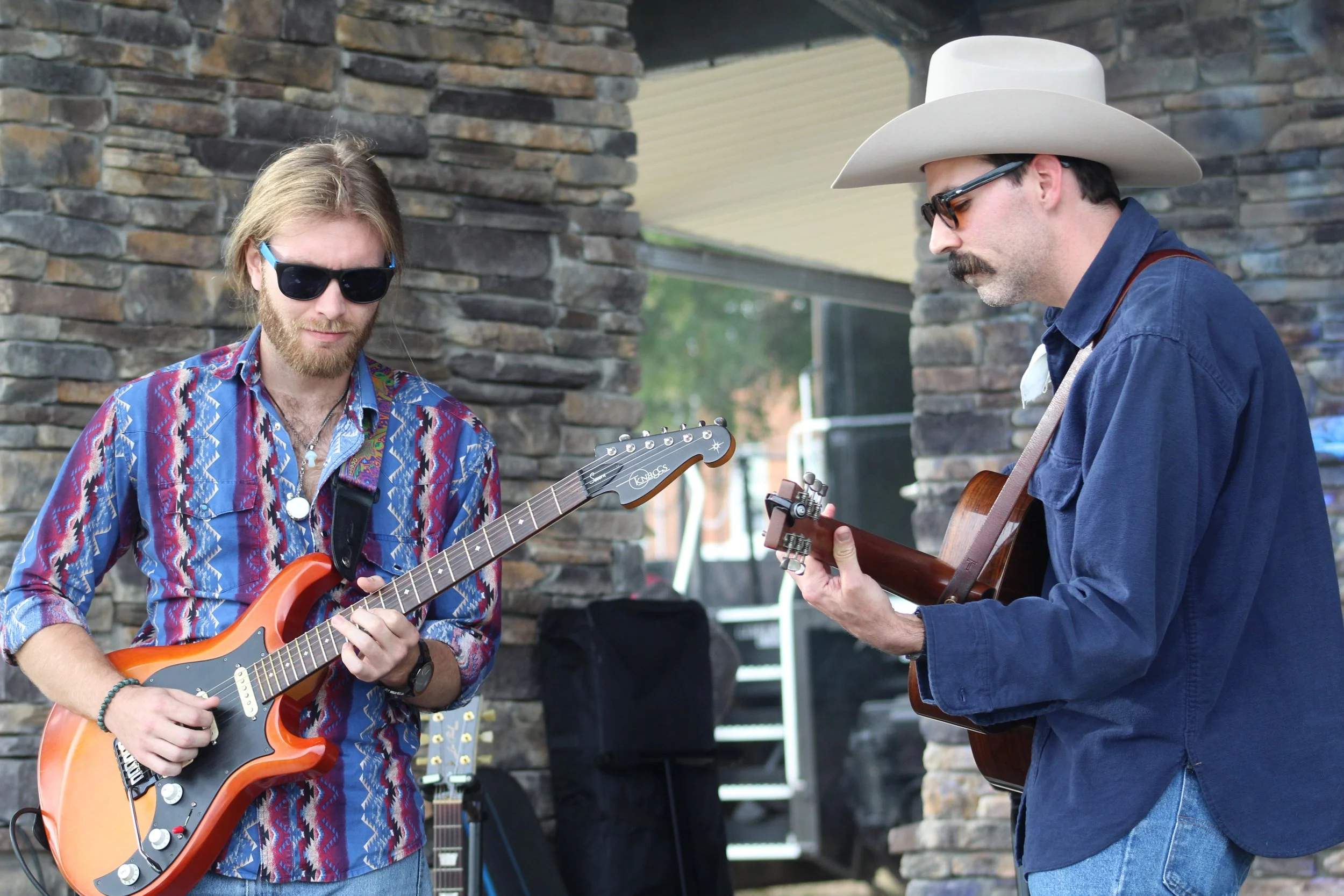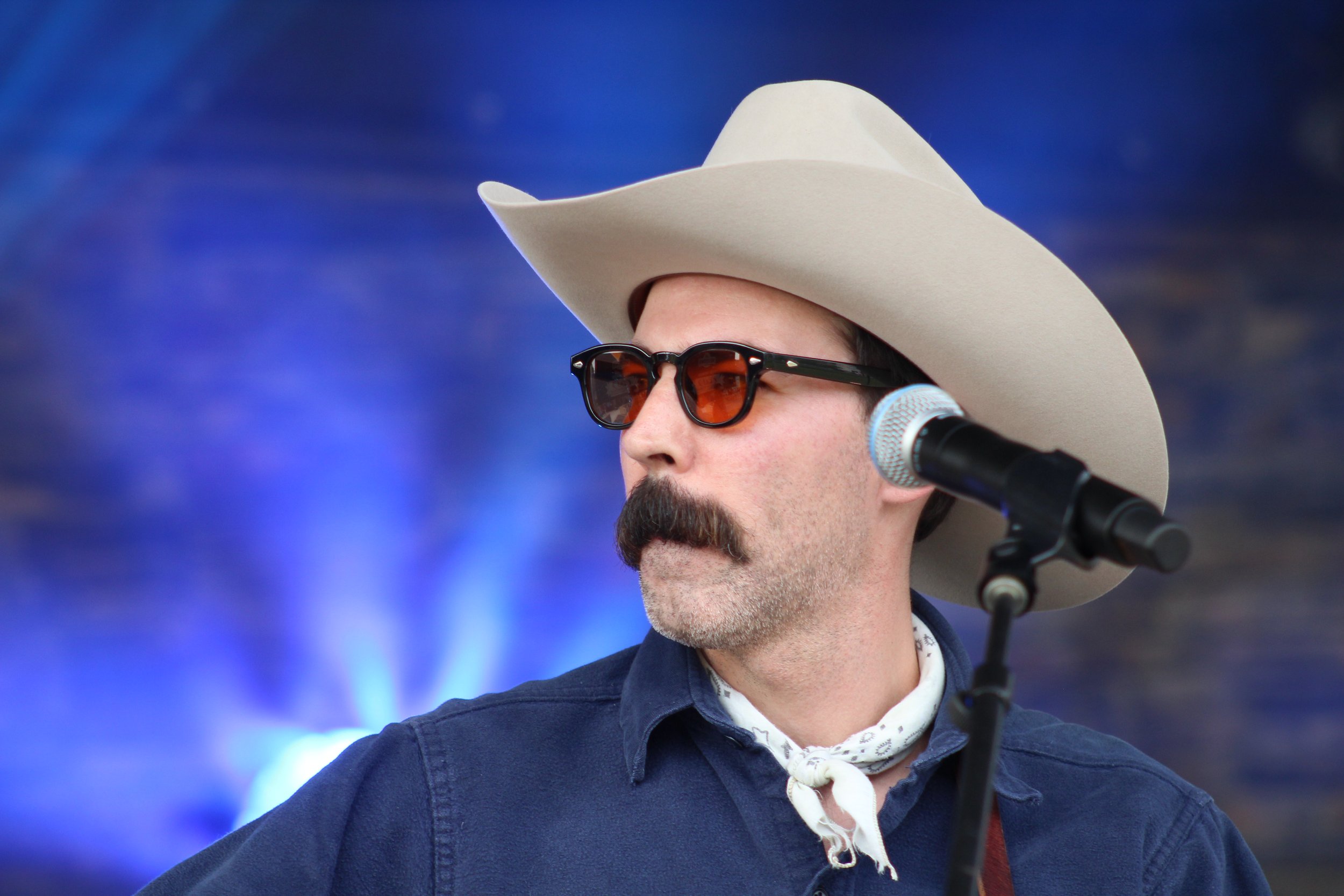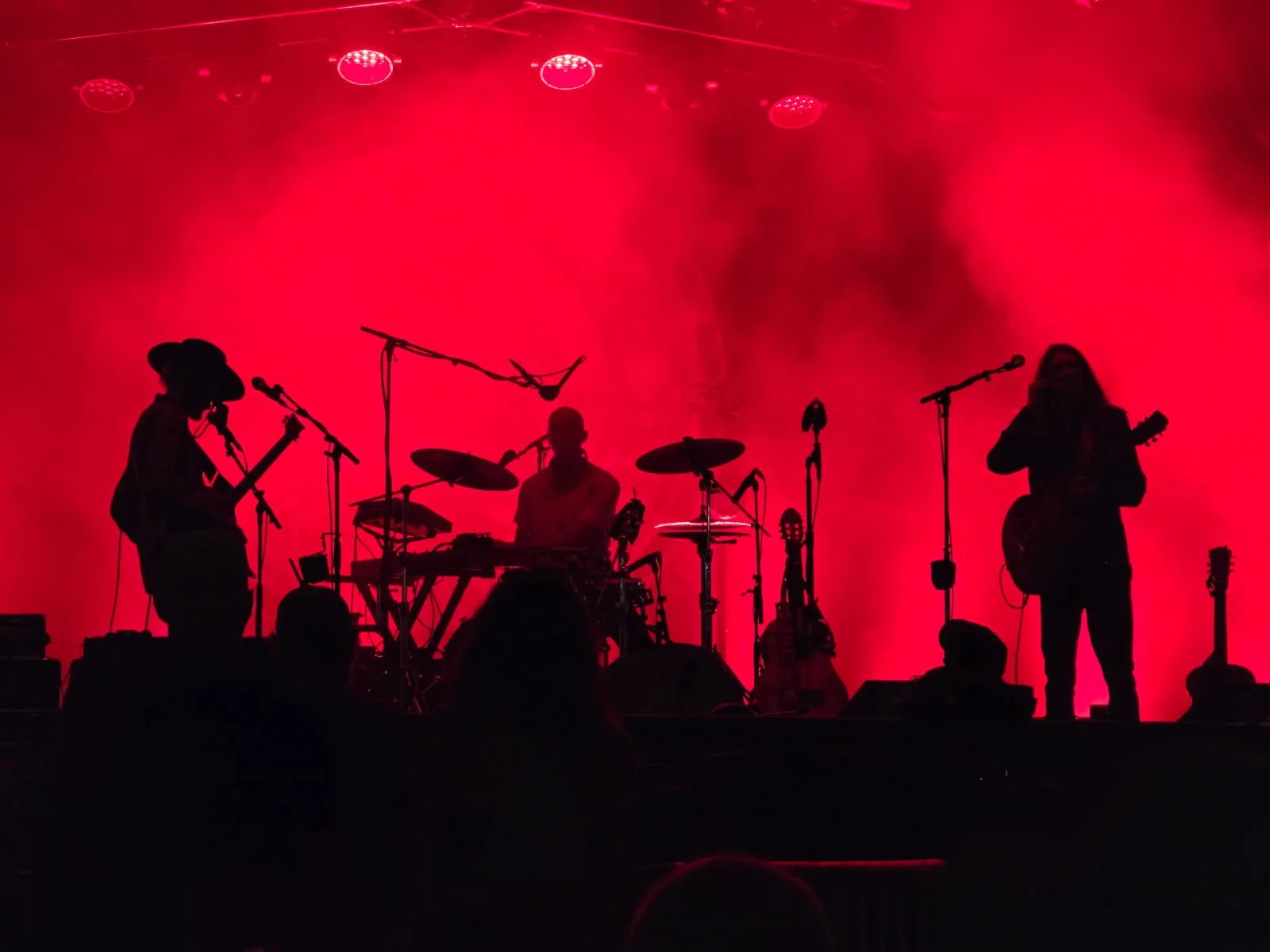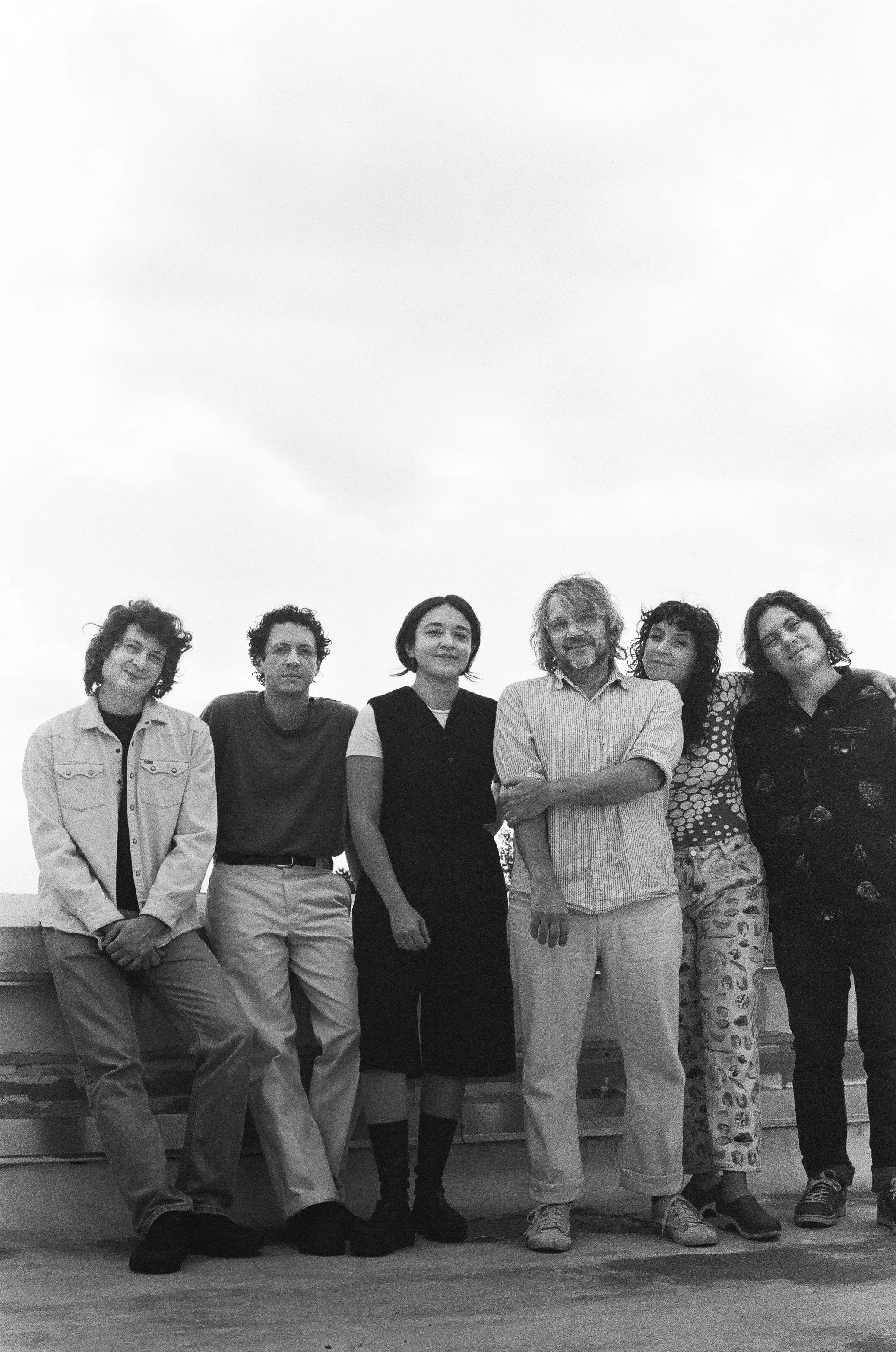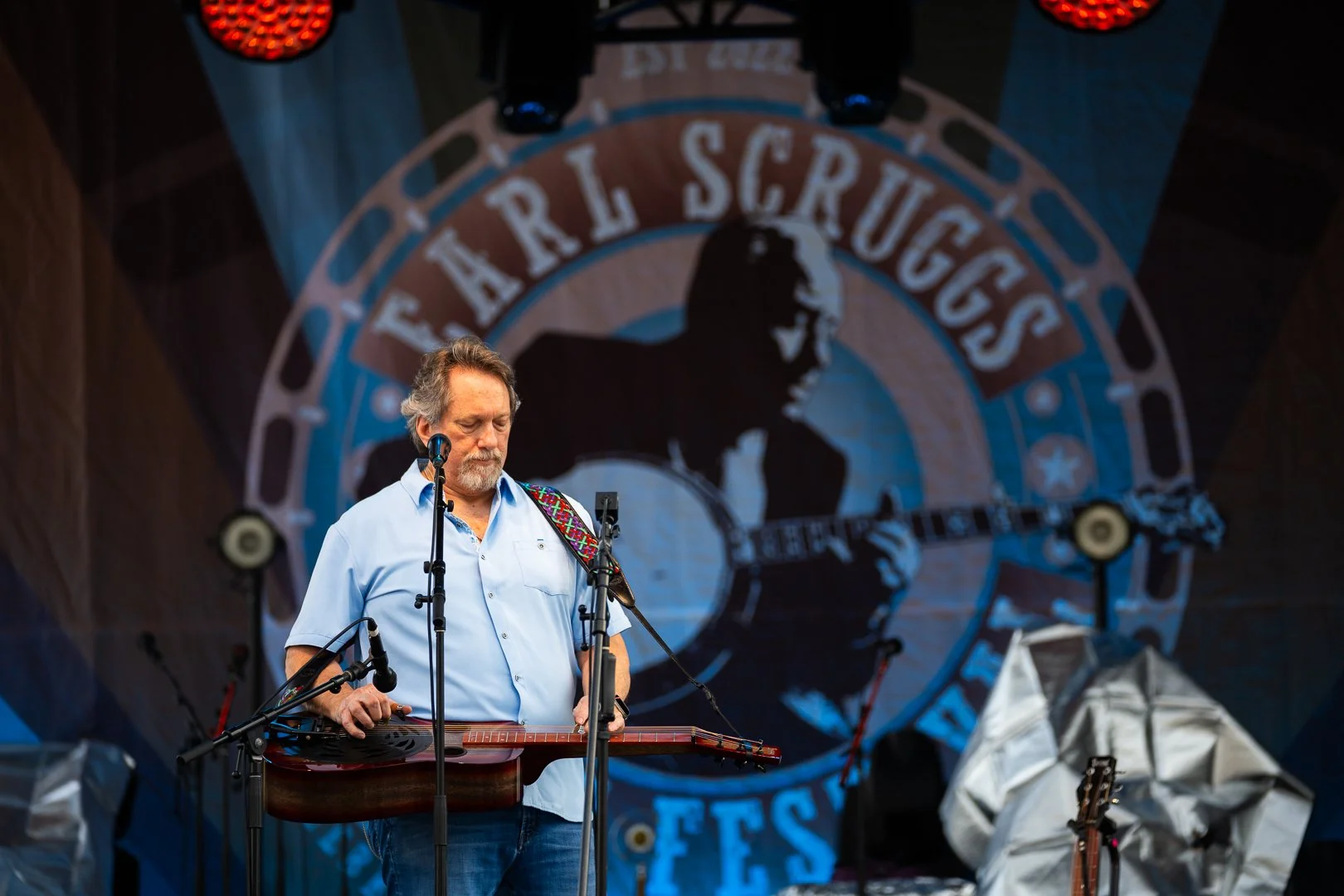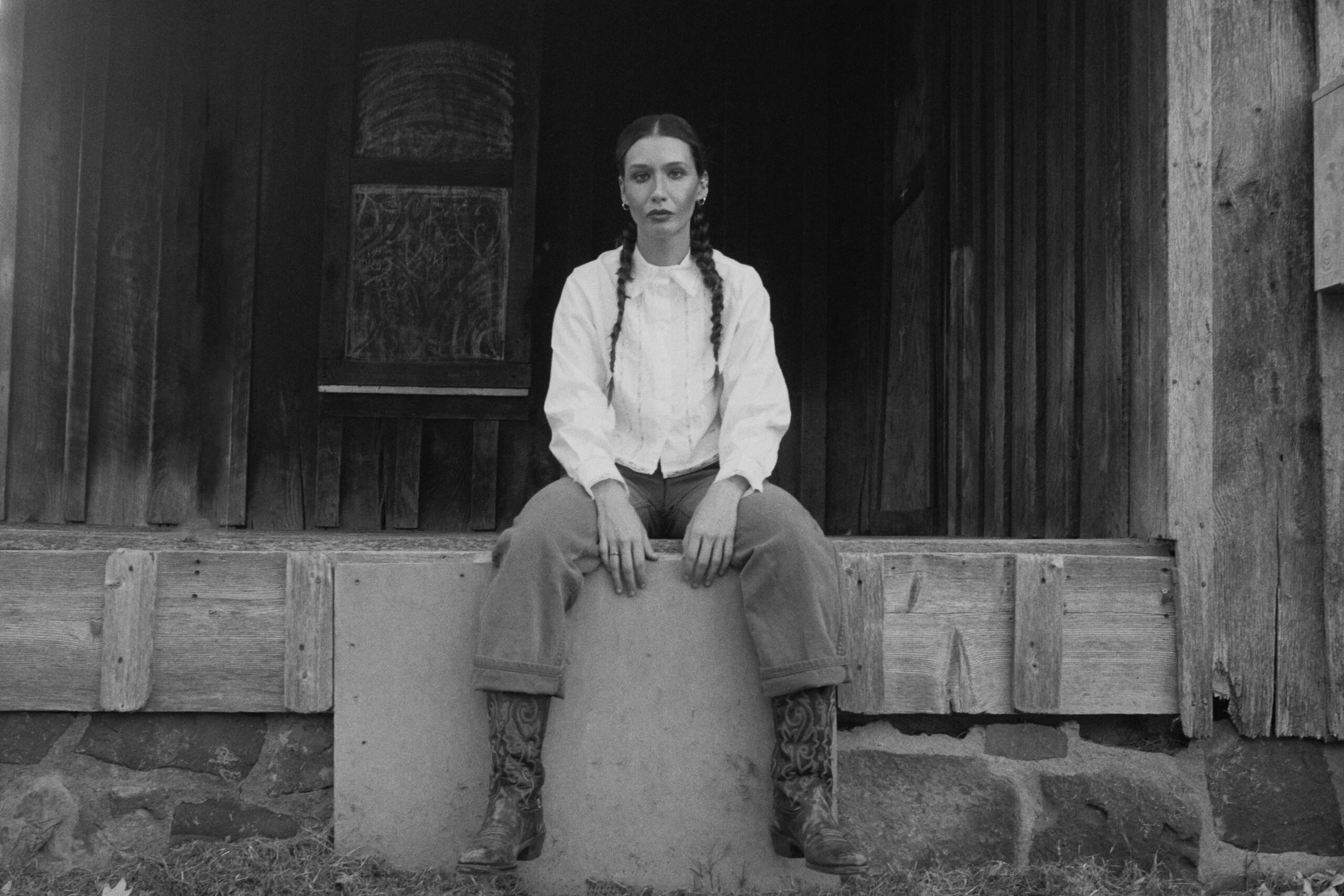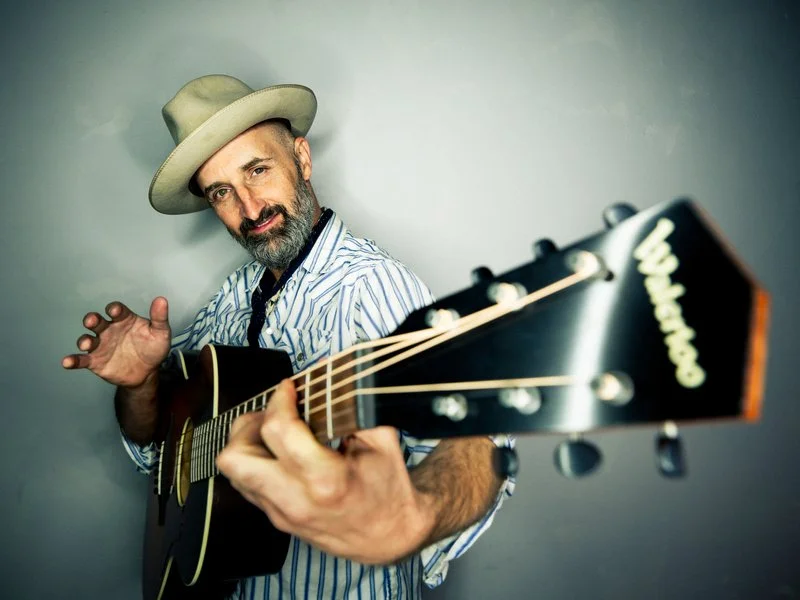Did you know that almost three thousand years ago, before there were athletic competitions at the first Olympics, there were music competitions at Delphi in Greece, with contestants singing hymns to Apollo? Or that, in the late 19th century in America, John Philip Sousa protégé Bohumir Kryl's Bohemian Band was frequently seen on the Chautauqua circuit, and featured four husky timpanists in leather aprons hammering on anvils shooting sparks across the darkened stage? These early festivals set the stage for music festivals today, which are doing quite well overall, having recovered from the COVID-19 pandemic, and surpassing the level of success before the worldwide shutdown on the whole.
In this episode, we trace the origins of music festivals like the Pythian Games to modern day festivals like the Monterey International Pop Music Festival, where Jimi Hendrix famously lit his guitar on fire, and small roots music festivals like the Albino Skunk Music Festival. We welcome music artists Shelby Means, Joel Timmons, Liam Purcell, Mac Leaphart and Ian George, as well as Albino Skunk staffers Peter Eisenbrown, Kristen Grissom and Thieme Hall, who give us their insights into festival culture, their best and worst moments on stage and at festivals, as well as the first music festivals they attended.
Site of the Pythian Games in Greece (photo: greeka.com)
Cover art for The Jimi Hendrix Experience Live at Monterey
Songs heard in this episode:
“Wild Thing” by The Jimi Hendrix Experience, from Live at Monterey
“Calamity Jane” by Shelby Means Trio, performed live at the Albino Skunk Music Festival 10/03/25
“Soldier’s Heart” by Liam Purcell & Cane Mill Road, performed live at The Albino Skunk Music Festival 10/03/25, excerpt
Peter Eisenbrown introduction of Fellow Pynins into Fellow Pynins performance at The Albino Skunk Music Festival, 10/03/25, excerpt
Thank you for listening, and we hope you can spread awareness of this endeavor and help us reach more music fans just like yourself. Please take a moment and give us a top rating on your podcast platform of choice, and where you can, a review. It makes a big impact on the ranking and therefore the visibility of this series to all the other music fans who also follow podcasts. This is Southern Songs and Stories, where our quest is to explore and celebrate the unfolding history and culture of music rooted in the American South, and going beyond to the styles and artists that it inspired and informed. - Joe Kendrick
